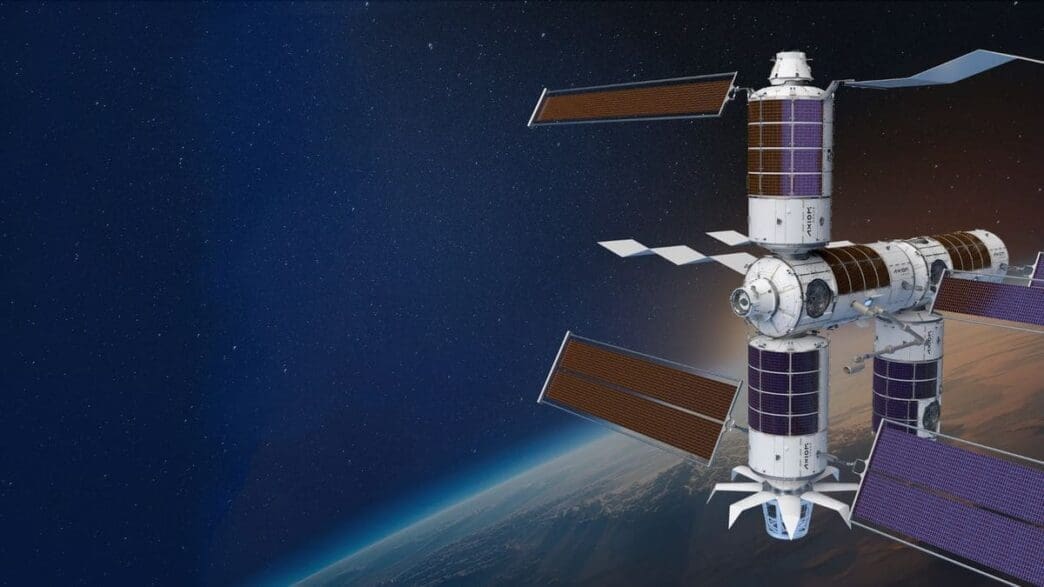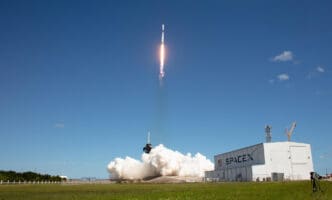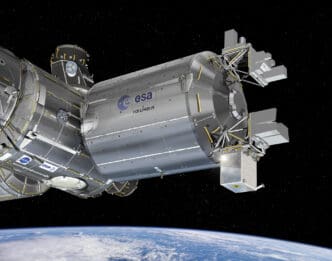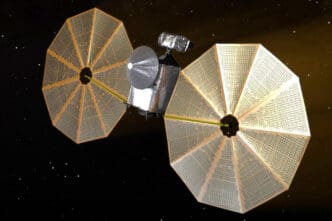In a strategic shift, Axiom Space has revised its approach to constructing a commercial space station, advancing the project’s timeline by two years. This adaptation in assembly plans positions the Axiom Station to operate as a free-flying platform as early as 2028, earlier than the initially planned 2030 start date.
The change involves a reordering of module launches that will enable Axiom Space to expedite the deployment of its station in low Earth orbit. Initially contracted by NASA to attach modules to the International Space Station (ISS), Axiom Space has now adjusted its approach to accommodate the impending retirement of the ISS by 2030 at the earliest. This plan necessitated a new sequence that meets both NASA’s and Axiom’s requirements.
Mark Greeley, Axiom’s Chief Operating Officer, noted that the re-evaluation of their assembly sequence presented opportunities to enhance the process. With the need to protect the ISS for a future deorbit vehicle, the revised assembly facilitates meeting the program’s needs more efficiently. Axiom’s updated sequence will initiate with the launch of the Payload, Power, and Thermal module. Once this detaches from the ISS, it will become a free-flying outpost. Subsequently, the station will expand with the addition of the Habitat 1 module, followed by an airlock, another habitat module, and a research and manufacturing hub.
Angela Hart from NASA’s Johnson Space Center highlighted the coordination between NASA and Axiom to ensure a transition that supports continuous operations in low Earth orbit. This cooperation is crucial as the Axiom Station prepares to assume some roles of the decommissioned ISS. Meanwhile, space is preserved on the ISS for a SpaceX deorbit vehicle, anticipated to manage the controlled descent and destruction of the ISS by 2030.
The advancement of Axiom Space’s efforts reflects a broader trend in the private sector taking over roles traditionally held by government agencies. Private stations are poised to play significant roles in space exploration as platforms shift from government to commercial hands. Axiom stands among several companies, including SpaceX and Blue Origin, positioning themselves to continue human presence in orbit.
As Axiom Space accelerates its timeline for station deployment, it exemplifies the growing prominence of private enterprises in the space industry. The strategic adjustments not only support a smoother transition from the ISS era but also pave the way for a new frontier in space exploration and habitation.
Source: Space







